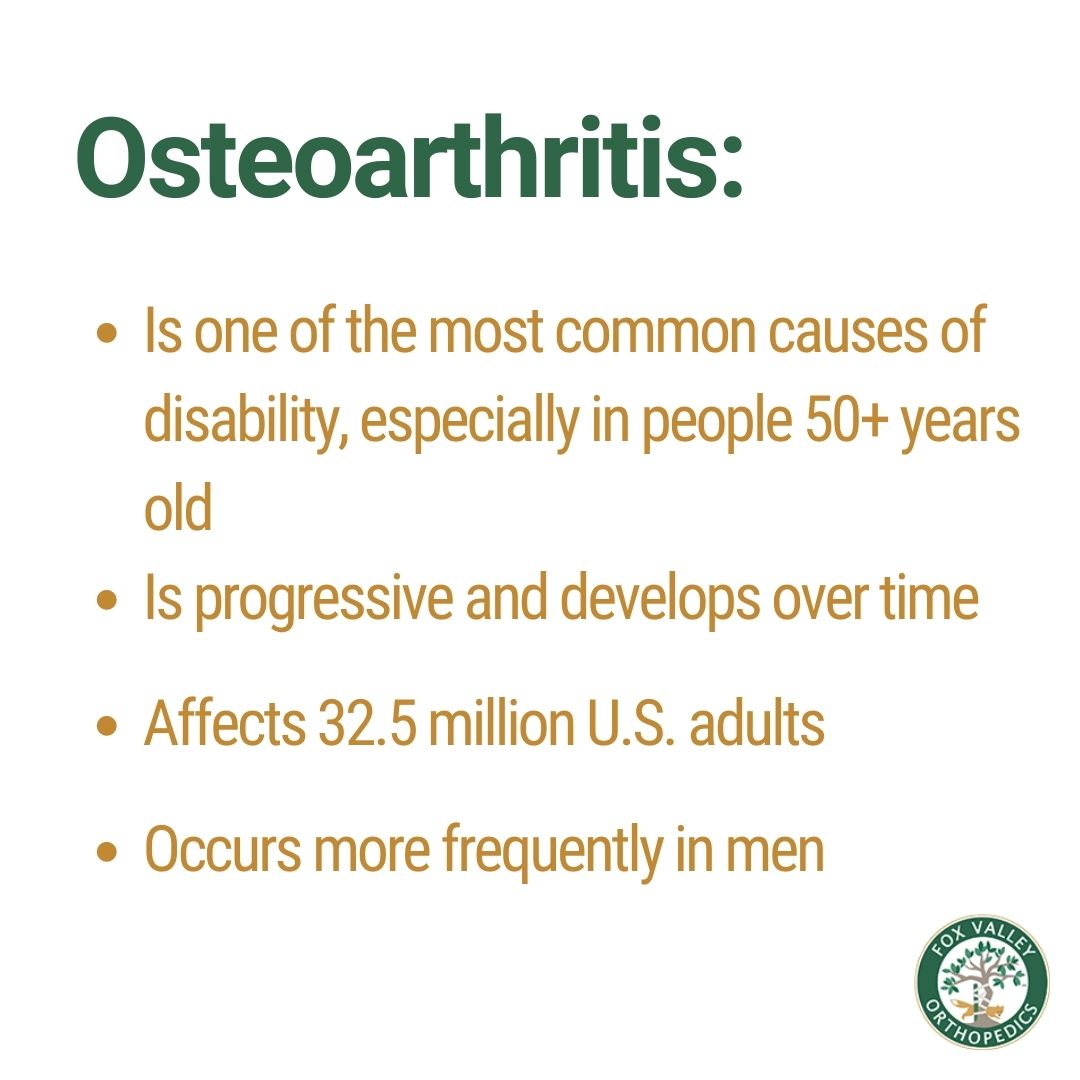Will I Lose Weight After My Hip or Knee Replacement?
- Category: Blog
- Posted On:
- Written By: Vincent Cannestra, MD
.jpg)
Obesity & Osteoarthritis
Obesity remains a chronic health issue for America. The body mass index (BMI) is based on one’s weight and height. Overweight is defined as a BMI 25-29.9, obesity as a BMI over 30, and extreme obesity as a BMI over 40. The latest statistics from the National Institute of Health indicate that more than 4 out of 10 adults (42.4%) in this country are considered obese and 1 out of 10 adults (9.2%) have extreme obesity. The prevalence of obesity is the same across age groups, roughly 40-45%. Severe obesity is seen in 6.9% of men and 11.5% of women.
.jpg)
It is well-known that excess body weight contributes to the development of osteoarthritis of the joints, particularly the weight bearing joints such as the hip, knee, lower back, ankle, and foot. Osteoarthritis is caused by the gradual loss of cartilage in a joint, thereby leading to pain, swelling, and stiffness. It is a progressive, degenerative disorder that typically develops over years. Many factors contribute to the eventual development and advancement of this disease. Osteoarthritis is one of the most common causes of disability particularly in people over the age of 50, affecting 32.5 million adults in the US. It is estimated that 30% of people between the ages 45 and 64 and 63% to 85% in people over age 65 will suffer from arthritis in their lifetime. Osteoarthritis tends to occur more frequently in men.
Joint Replacement Surgery Can Help You Move Again
If your joint is severely damaged by arthritis, it may be hard for you to perform simple activities every day such as walking, climbing stairs, or getting up from a chair. You may even begin to feel pain while you’re lying down or at nighttime. This pain and limited mobility are the main reasons people decide to have joint replacement surgery. Surgery should only be a consideration after other treatments, such as exercise, weight loss, medications, braces, physical therapy, and injections have failed.
According to Vincent Cannestra, M.D. of Fox Valley Orthopedics, an orthopedic surgeon located in Geneva and Elgin, joint replacement surgery provides complete pain relief in more than 95% of patients. Within weeks of surgery, most patients can participate in recreational activities such as golf, biking, skiing, doubles tennis, and hiking. “A frequent discussion I have with my patients in the office prior to hip or knee replacement surgery is their desire and struggle to lose weight prior to the surgery,” says Dr. Cannestra. Losing weight can be challenging and nearly impossible for those with an arthritic joint who can’t exercise, walk, or even pursue their daily activities because of the pain and loss of motion associated with a severely arthritic hip or knee.
Will I Lose Weight After Joint Replacement Surgery?
Often then, the focus of losing weight and getting into better health, i.e., shape, is postponed until after the joint replacement surgery. But how often does this weight loss occur? What factors are involved if one is to lose weight after a hip or knee replacement? Certainly, joint replacement can relieve pain, restore range of motion and function, and help lead patients back to active lifestyles. But does it lead to weight loss?
A published study in The Journal of Bone and Joint Surgery looked at 6,929 patients who underwent either hip or knee replacement for osteoarthritis. The authors examined 3,893 patients with hip replacements and 3,036 patients with knee replacements. Reported heights and weights were recorded before and 2 years after the surgery. A change in BMI of more than 5% was considered meaningful. Patients were categorized as normal weight, overweight, or obese based on the reported BMI. At two years after the joint replacement surgery, the patient’s body weight was recorded as increased, decreased, or unchanged.
After 2 years, 73% of people in the hip replacement group and 69% in the knee replacement group had no change in their BMI. Those in the knee replacement group were more likely to lose weight than those in the hip replacement group. Also, the heavier (higher BMI) the patient prior to surgery, the more likely it was for the patient to lose weight. Only 7% to 9% of normal weight individuals lost weight, whereas 33% to 35% of extremely obese patients lost weight. Regardless of BMI or body weight prior to surgery, 9% to 16% of people gained weight after their surgery.
Better results of the surgery were observed in those patients who lost weight after their hip replacement. However, this was not observed in the knee replacement group. For those who gained weight after the joint replacement, regardless of if it was a hip or knee, there was a greater likelihood of a poorer clinical outcome at 2 years. Increasing age was associated with a decreased likelihood of gaining weight; and being female was found to be a significant predictor of weight loss. The more functional the patient was prior to surgery, the less likely they would gain weight after the surgery, tending them towards improved clinical outcomes.
Many patients hold on to the idea that joint replacement surgery will “free” them from their inability to lose weight by allowing them to be more active. This study as well as those before it does not support this notion. It is important that physicians and patients realize that no one factor is involved in the battle against the waistline. It is a combination of proper diet, exercise, and healthy lifestyles. When discussing life after joint replacement surgery with your physicians, it is important to remember that the most recent data point to improve results and clinical outcomes with subsequent weight loss, while inferior results are seen with weight gain.
Reducing Weight Prior to Surgery Is Beneficial
Currently, physicians and hospitals are placing more emphasis on a reduction in obesity prior to joint replacement surgery. Mandated outcome reporting as required by the government, hospitals, and insurance companies have led some surgeons and institutions to refuse to operate on obese patients due to their inherent increased risk of perioperative complications. This should be a motivating factor for anyone considering joint replacement surgery to consider the implications of excess body weight on their health before, during, and after their surgery and to start the process of losing that weight.
If you are suffering from joint pain or another orthopedic condition, you can trust the dedicated team at Fox Valley Orthopedics to help you. Contact us today.




